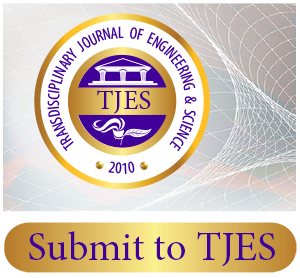Transdisciplinary Interventions to Improve the Sustainability of Maize Agroecosystems: A Case Study from Mexico
the sustainability of maize agroecosystems
Abstract
The municipality of Ahuazotepec presented a complex food insecurity scenario, mainly because there are limitations regarding food supply/local maize production and the inhabitants so their access to food can be disrupted quite easily. A transdisciplinary approach and methodology were adapted to analyze, design, implement, and evaluate an agricultural intervention to improve agroecosystems in the region using agroecological practices. The experimental results indicated that the application of agroecological fertilization management improved soil fertility indicators, grain yield, benefit-to-cost ratio, and the resilience of the system. For the intervention, when a transdisciplinary scheme in which collaboration between actors was intensified, the benefits are greater than in a conventional scheme, where only economic or in-kind aid is provided, even when based on similar practices.


